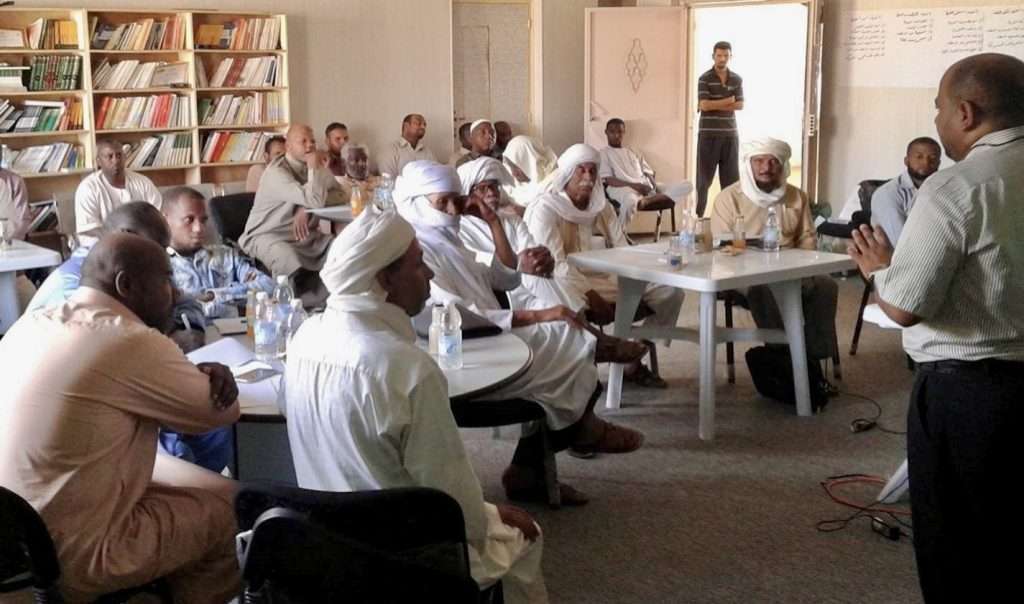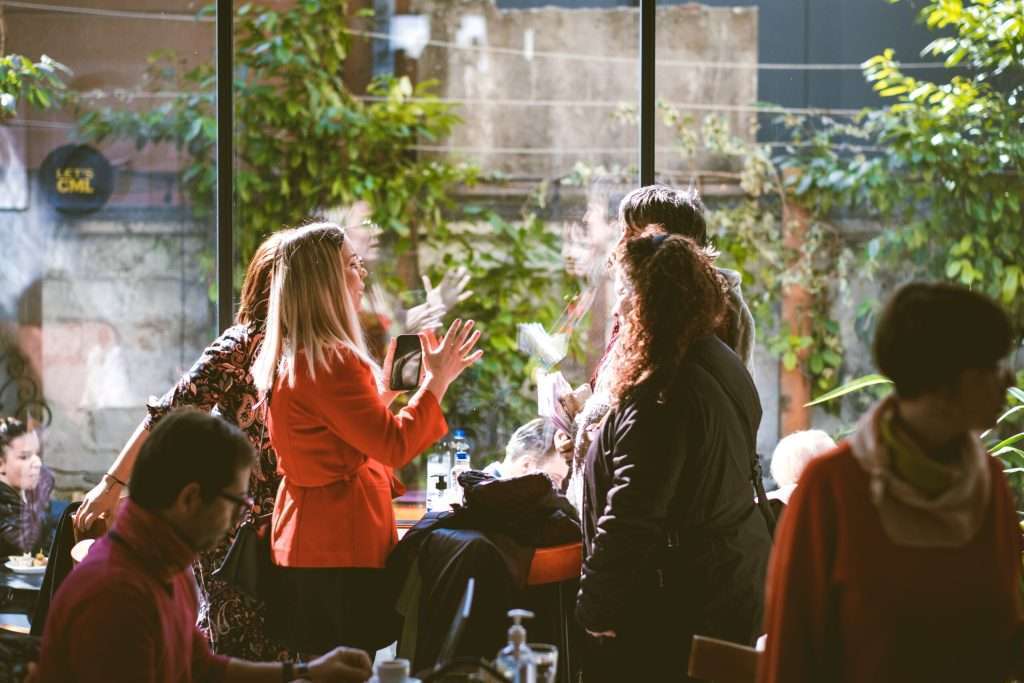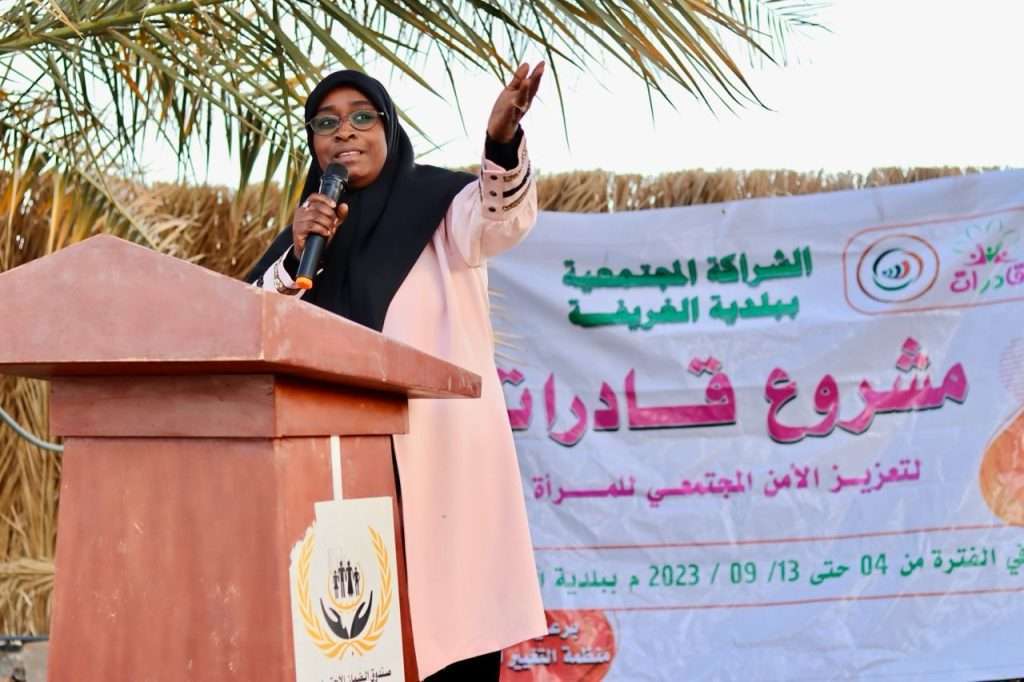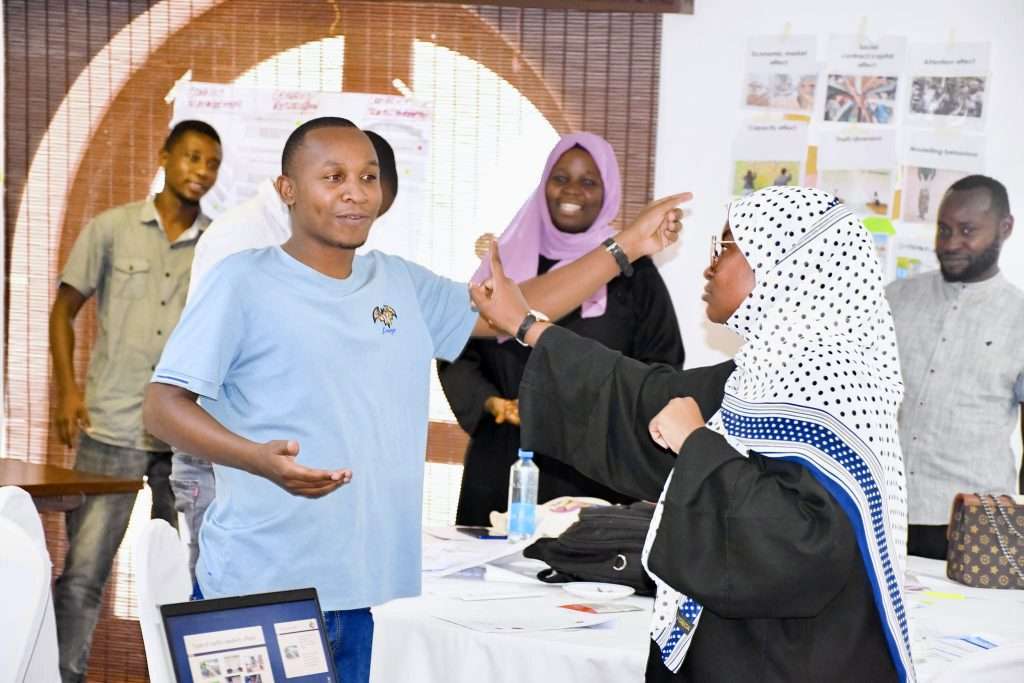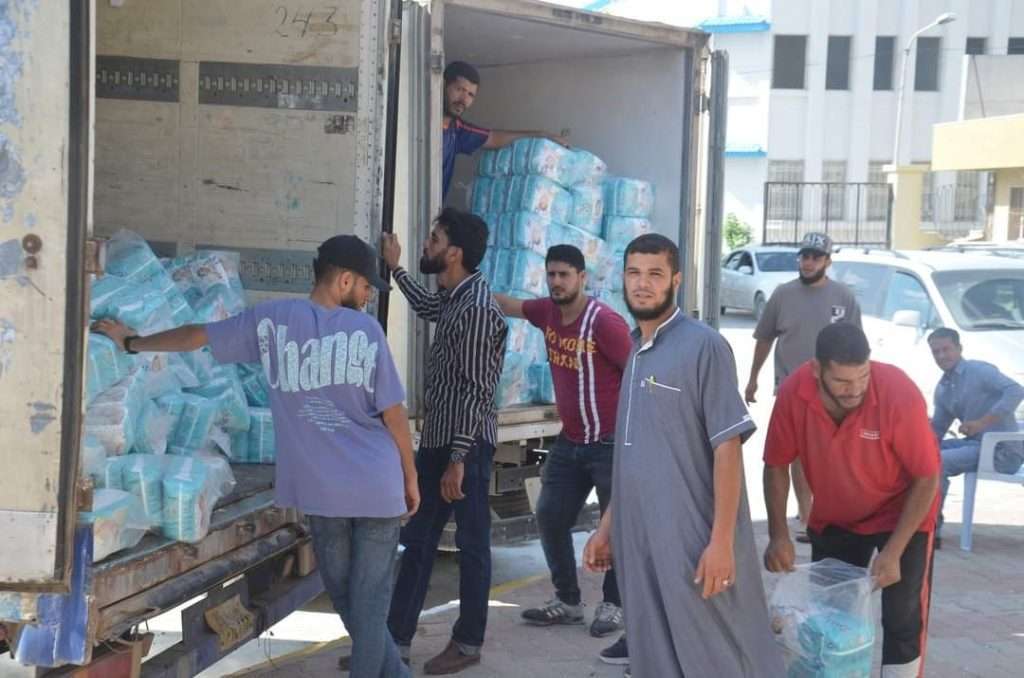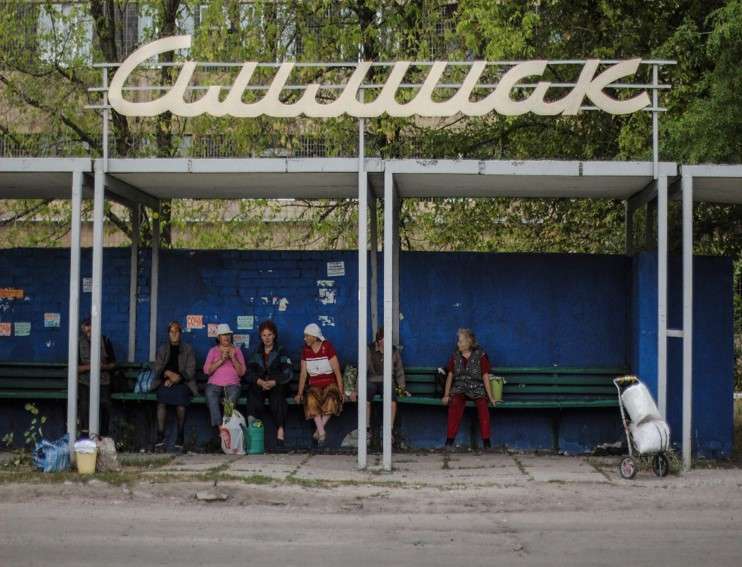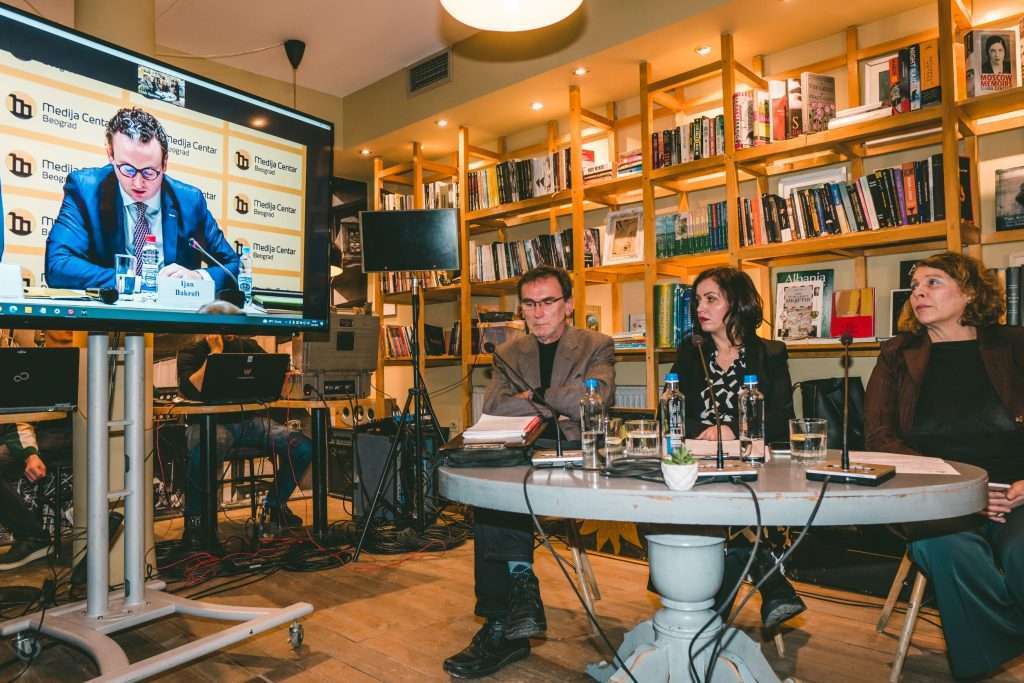What we did
The Peaceful Change initiative (PCi) worked with communities and their leaders to prevent violent conflict and lay the foundations for lasting peace.
We worked with peacebuilders in fragile and conflict affected countries to build the community relationships and skills needed to manage conflict, mend fractured societies, and make peace agreements hold.
We supported and trained national networks of peacebuilders, supporting authorities to provide more inclusive security for citizens, easing tensions, developing cohesion, and building trust in government.
We analysed conflict, advising international diplomats and aid agencies to ensure that aid would be effective and would not exacerbate tensions in fragile and conflict affected countries.
In Libya, PCi supported Social Peace Partnerships in 45 towns across the country to establish local conflict management mechanisms; re-establish relationships, transport and trade links between towns that had been at war with each other, promote the participation of women and young people in decision-making about peace and security matters; as well as to engage in reconciliation dialogues and public awareness campaigns about the constitution, elections, human rights, and anti-racism. PCi helped to build links between Libyan citizens and the political processes aimed at finding peaceful solutions to the country’s conflict. PCi also worked intensively with the international community to make their engagement in Libya more conflict sensitive.
In Syria, PCi worked with a range of Syrian civil society organisations to build networks of local community leaders who worked, at the height of the war, to use mediation and negotiation techniques to support community safety. These local leaders saved thousands of lives by enabling humanitarian access, ending cycles of inter-ethnic revenge fighting, and supporting local communities to accommodate flows of internally displaced people. Local leaders also initiated campaigns to move armed groups fighters out of schools and hospitals so that these could be used for civilian purposes, to ensure the safe access of girls to schools, to provide conflict management in communities where the government police and judicial forces had withdrawn or collapsed. PCi also worked with the international community to identify ways of delivering assistance into Syrian in conflict sensitive ways.
In Serbia and Kosovo, PCi worked with partners to promote better and more responsive relationships between ethnic minority populations and local administrations. PCi worked directly with a number of mainstream media outlets to promote more conflict sensitive narratives and peace promoting narratives. PCi supported local community leaders to form a rapid reaction mechanism to help prevent escalation of violence in times of crisis.
In the South Caucasus, PCi worked with partners in Georgia and Abkhazia to build capacity for confidence building initiatives, including during Covid-19 pandemic. PCi also worked with young people in Armenia and Azerbaijan to prepare a new generation of leaders with knowledge of civic engagement and peacebuilding.
In Ukraine, PCi worked with the national Ministries and the Parliament to explore ways of addressing emerging conflict issues across the country as a consequence of Russian aggression. In addition, PCi worked in partnership with the Verkhovna Rada (Ukrainian Parliament). PCi supported partners in the Donbass region to build skills and collective analysis as an entry point for enabling collaborative action among civil society actors on peacebuilding and conflict transformation. PCi also worked with Ukrainian partners to support the establishment of Dialogue Initiative Groups (DIGs) in conflict affected communities, that empowered local actors to work in a sustained way to understand and address local drivers of conflict, including consequences of armed invasion, attitudes towards Russia, or simply daily practical issues that may fall under the remit of local administrations. After the full-scale invasion by the Russian Federation, PCi worked with local partners to promote a culture of participation in the development of Ukraine’s approach to recovery and reconstruction, including engagement and advocacy at Ukraine Recovery Conferences. In 2023 PCi and our Ukrainian partners set up new DIGs in four different communities that had seen a significant influx of IDPs from Ukraine’s conflict-affected territories after the full-scale Russian invasion, supporting these groups – again – to offer practical support to communities and local authorities.
In Mozambique, Kenya and Tanzania, PCi worked with international and national partners to promote conflict sensitive and peace-sustaining approaches to delivering humanitarian and development assistance. PCi also engaged with private companies working in the extractive industry in northern Mozambique to help conflict sensitise their operations.
Where we work
We work across North and East Africa, the Middle East, Eastern Europe, and the Western Balkans, where we have a proven track record of achieving peaceful change.
Our projects
Peaceful Change initiative implemented a range of projects designed to prevent violent conflict and promote lasting peace in communities across 11 countries.

